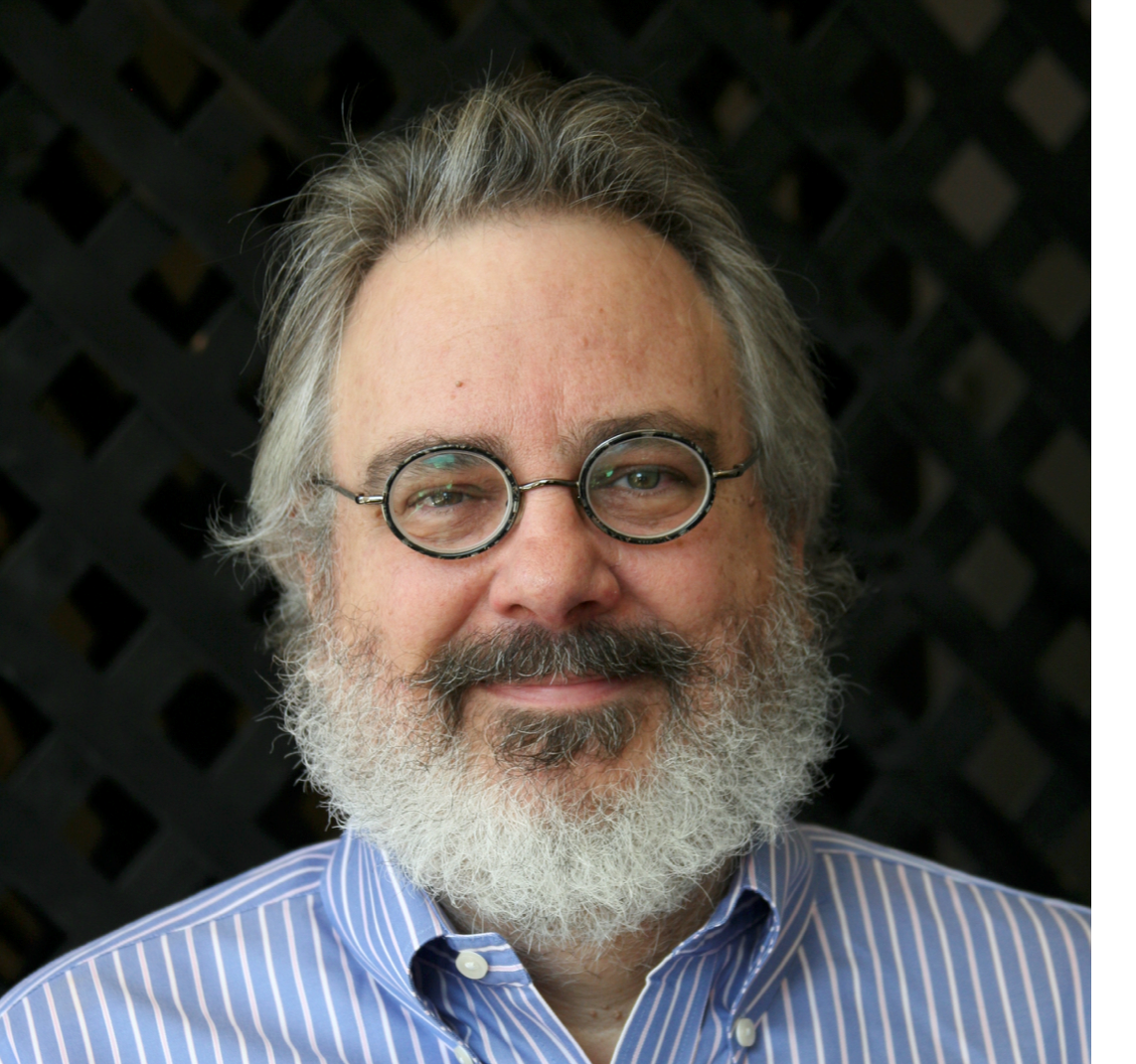By 21st Century skills, we are interested in the assessment of skills such as digital literacy and collaborative problem solving. The use of these skills is often situated within technologically sophisticated environments: Hence, assessments of them must also be embedded in technologically enhanced testing contexts. This leads to a problem: the technologies involved are evolving rapidly, so that the means of assessment must also be de adapted rapidly, sometimes within just a few years. In terms of measurement, this creates a problem of linkage across time, where the old measurement tasks must be continuously replaced with new one, which will make for complications in maintaining a useful measurement reporting scale over time.
In this presentation, having set this problem in place, Professor Wilson will discuss the following topics:
| Date | 4 March 2022 (Friday) |
| Format | Online via Zoom |

Mark Wilson is a Distinguished Professor of Education at the University of California, Berkeley, and also a professor at the University of Melbourne. He received his PhD degree from the University of Chicago in 1984. His interests focus on measurement and applied statistics, and he has published 149 refereed articles in those areas, 70 invited chapters in edited books, and 14 books. He was elected President of the Psychometric Society, and, more recently, President of the National Council for Measurement in Education (NCME); he is a Member of the US National Academy of Education, a Fellow of the American Educational Research Association, and also the American Psychological Association, and is a National Associate of the US National Research Council. He is Director of the Berkeley Evaluation and Assessment Research (BEAR) Center. His research interests focus on the development and application of sound approaches for measurement in education and the social sciences, the development of statistical models suitable for measurement contexts, the creation of instruments to measure new constructs, and scholarship on the philosophy of measurement.
His research program is focused on four mutually supportive areas.
Throughout all four strands of this broad research agenda, there is a continuing theme of the application of newer conceptual and statistical methods to pressing problems of educational and psychological research. The philosophy underlying his approach to these areas is that there are critical and distinctive problems involved in the measurement, statistical analysis, reporting and usage of psychological and educational constructs and that research methods used to investigate these problems must be sensitive to the best.